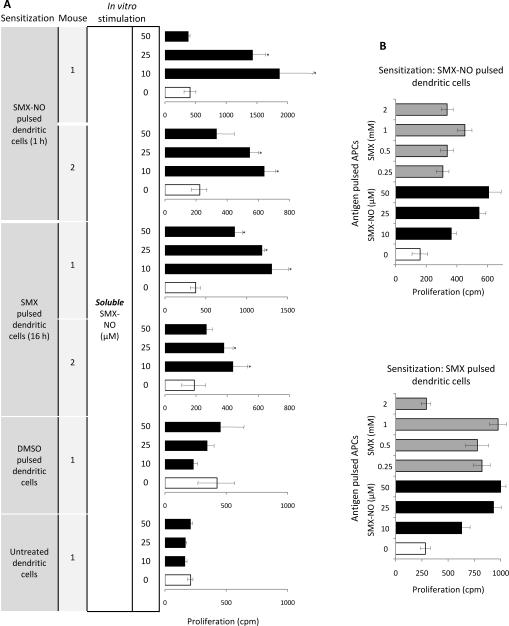Figure 5. Stimulation of drug(metabolite)-specific T-cells following adoptive transfer of SMX and SMX-NO treated dendritic cells.
SMX- and SMX-NO-derived dendritic cell protein adducts stimulated a cellular immune response in naive recipient mice. However, the response of splenocytes from mice immunized with SMX-treated dendritic cells was directed against (A) SMX-NO and (B) SMX-derived metabolites, not the parent drug. Bone marrow-derived dendritic cells were incubated for 16 h in culture medium with SMX or SMX-NO. For immunization, dendritic cells, were washed extensively, and administered via i.v. injection in the lateral tail vein. Control mice received unmodified dendritic cells or dendritic cells treated with DMSO. After 21 days, mice were sacrificed. Splenocytes were stimulated in vitro with (A) soluble antigen and (B) antigen-pulsed splenocytes. Proliferation was quantified by the addition of [3H]thymidine. Data presented as mean ± SD, with incubations carried out in triplicate. Statistical analysis compares the proliferative response of sensitized splenocytes after the addition of drug and solvent alone (*P < 0.05).

